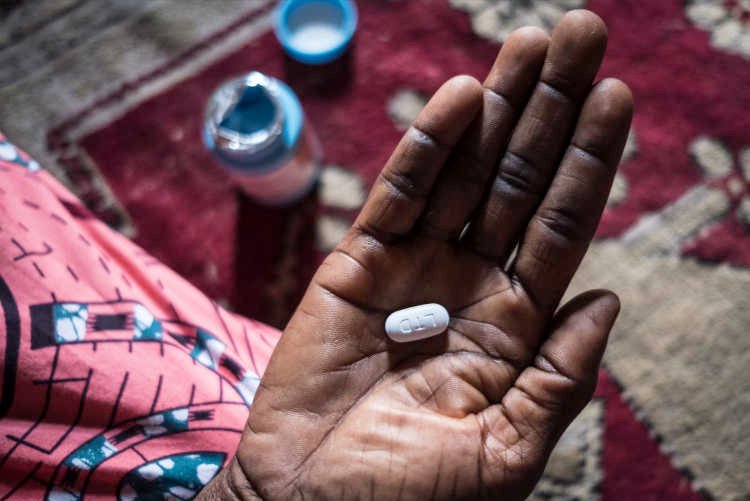As Africa marks 2023 World AIDS Day, the continent must improve its response to the spread of the virus at the community level.
Development Diaries reports that 25.7 million people in Africa were living with HIV as of 2018, with 1.1 million people newly infected with the virus in the same year, data from the World Health Organisation (WHO) shows.
Stigma surrounding HIV/AIDS persists in various African communities, leading to discrimination against people living with the virus. This stigma can discourage people from getting tested, seeking treatment, or disclosing their HIV status, contributing to the spread of the virus.
Also, poverty remains a significant barrier to HIV/AIDS prevention and treatment efforts. Limited financial resources make it difficult for individuals to afford healthcare services, medications, and preventive measures.
Another hindrance to the fight against HIV/AIDs is the lack of comprehensive sex education and awareness programmes.
Furthermore, misconceptions about the virus, modes of transmission, and prevention methods are common, hindering effective prevention strategies.
While progress has been made in the fight against the virus, it is crucial to recognise the importance of involving and empowering affected communities in the HIV response.
Community engagement
By actively engaging local communities, government and development partners can enhance prevention efforts with the promotion of awareness, reduction of stigma, and improved access to care and support.
The is a need for the development of community-specific HIV education programmes that address cultural norms, beliefs, and practices, ensuring that information is relatable and accepted within the community.
Utilising local languages and communication channels to effectively convey information also helps bridge communication gaps and ensure that critical information reaches the entire community.
In addition, empowering community members with advocacy skills to challenge discriminatory practices and policies will promote a more inclusive environment for those living with HIV.
Development Diaries calls on ministries of health, healthcare professionals, and non-governmental organisations to increase efforts towards involving community members in education, stigma reduction, testing, treatment, and sustainable livelihood initiatives to make progress in response to AIDS.
Photo source: WHO







